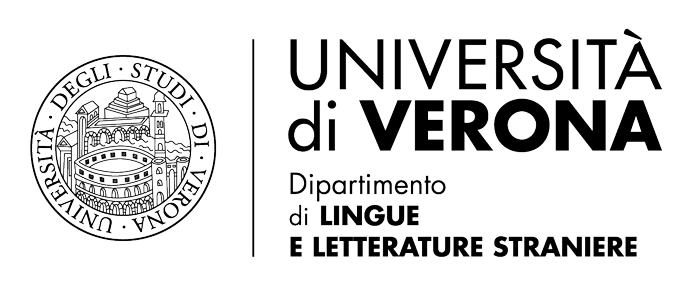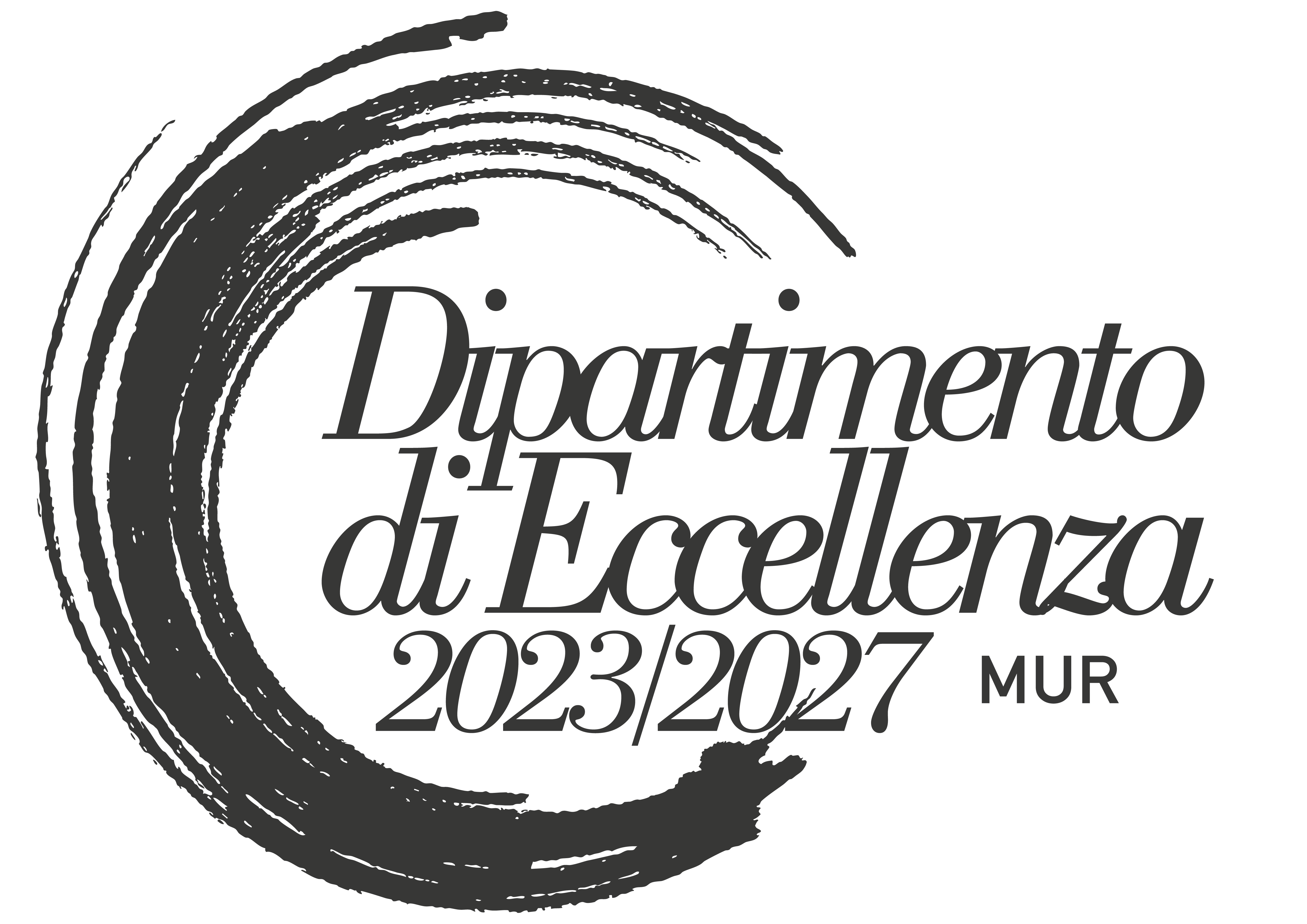This project aims to provide new conditions for a systematic study of the musical culture of the Russian Empire from the 1730s – when the country became familiar with the genre ‘opera’ – and the production of the first titles of music theatre responding to the will to create a national repertoire, which took place in the first quarter of the 19th century.
This project includes collecting, elaborating, and making available to the scholarly community a series of sources that are essential to the full reconstruction of musical and theatrical practices in the Russian Empire, as well as the cultural transfer between Western and Eastern Europe. Many of these sources risk disappearing and becoming permanently unavailable to the scholar – a lost that would give room for exclusive, nationalistic narratives in the field of cultural studies in this areas. On the contrary, this project aims at enhancing them as witnesses of the cosmopolitan nature of the cultural life within the Russian Empire, and of the tight bounds that connected this area with Western Europe at the level of mobility of artists, music artifacts, aesthetic models, and ideas.
The project consists of the following research modules:
-
“Rossiysky Featr – Music sources of the Russian Empire, 1730-1836”: elaboration of an open-access digital archive of primary sources witnessing operatic life;
-
The “Russian fund” preserved at the Library of the Conservatoire “Santa Cecilia” in Rome: classification, digitalization, and selection of sources for publication;
-
“14×14″: scientific reconstruction and cultural dissemination on the them of the grand tour of the ‘counts of the North”, – Grand Duke Pavel Petrovich Romanov and his espouse Mariya Fyodorovna – in the years 1781-82;
-
Sheremetev project: publication of the correspondence Hivart – Sheremetev in original French/Russian with English translation;
-
An Ill-Fated Knight: publication of the documentary edition of the opera Gorebogatïr’ Kosometovich by Catherine the Great and Vicente Martín y Soler (1788-89).
Group leader: Anna Giust (Associate professor of Slavic studies)
Internal members:
-
Matteo Lissandrini (Associate professor of computer science)
-
Anna Stetsenko (assistant researcher)
External members:
- Sofia Cappelletti (Bologna, Scuola di specializzazione in Beni musicali – intern at Dip. Lingue e letterature Straniere UniVR)
- Roberto Giuliani, Luca Cianfoni, Francesca Candeli (Rome, Biblioteca del Conservatorio “Santa Cecilia”)
- Bella Brover-Lubovsky (Jerusalem Academy of Music and Dance)
- John A. Rice (independent researcher)
- Inna Naroditskaya (Northwestern University -Northwestern Bienen School of Music)
Actions: WP 1.1; WP 1.3
References:
Giust, Anna, Cercando l’opera russa. La formazione di una coscienza nazionale nel teatro musicale del Settecento, Amici della Scala-Feltrinelli, Milano 2014, pp. xxi-415, ISBN 9788858817582
Giust, Anna, “When Music Suits Diplomacy: the grand tour of Pavel Petrovich Romanov, 1781–1782”, Cadernos de Queluz, Diplomacy and Aristocracy as Patrons of Music and Theatre in Europe of the Ancien Régime, a cura di I. Yordanova e F. Cotticelli, Hollitzer Verlag, Wien 2019, pp. 63-92
Giust, Anna, “International Networking in Russian Music Theatre around 1800: Sheremetev, Yusupov and Grand Duke Pavel Petrovich”, Nineteenth-Century Music Review, vol. 20/2 (2022), pp. 261-284 (DOI: https://doi.org/10.1017/S1479409822000131)
Giust, Anna, “When Music Suits Diplomacy: the grand tour of Pavel Petrovich Romanov, 1781–1782”, Cadernos de Queluz, Diplomacy and Aristocracy as Patrons of Music and Theatre in Europe of the Ancien Régime, a cura di I. Yordanova e F. Cotticelli, Hollitzer Verlag, Wien 2019, pp. 63-92
Giust, Anna, “International Networking in Russian Music Theatre around 1800: Sheremetev, Yusupov and Grand Duke Pavel Petrovich”, Nineteenth-Century Music Review, vol. 20/2 (2022), pp. 261-284 (DOI: https://doi.org/10.1017/S1479409822000131)
Giust, Anna, Nikolaj Petrovič Šeremetev e Monsieur Hyvart: un caso di cooperazione internazionale nel teatro russo del Settecento, in Miscellanea Ruspoli iv, Studi sulla musica dell’età barocca, a cura di Giorgio Monari, Libreria Musicale Italiana, Lucca 2024, pp. 221-265


